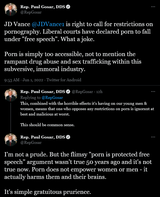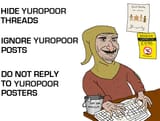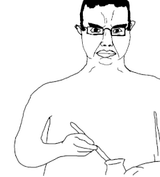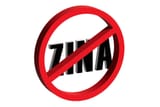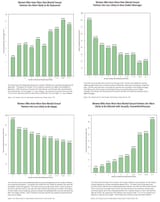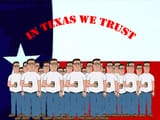>>508906349all written by thomas btw
>H. B. 1181 is an exercise of Texas’s traditional power to>prevent minors from accessing speech that is obscene from>their perspective. To the extent that it burdens adults’>rights to access such speech, it has “only an incidental effect>on protected speech,” making it subject to intermediate>scrutiny. Boy Scouts of America v. Dale, 530 U. S. 640, 659>(2000). ...
>accessing material obscene to minors without verifying one’s>age is not constitutionally protected, any burden H. B. 1181>imposes on protected activity is only incidental, and the>statute triggers only intermediate scrutiny. ...
>A statute survives intermediate scrutiny if it “advances>important governmental interests unrelated to the suppression of free speech and does not>burden substantially>more speech than necessary to further those interests.”...
Petitioners next assert that privacy concerns and the
unique stigma surrounding pornography will make age
verification too chilling for adults. But, users only have to
submit verification to the covered website itself or the thirdparty service with which the website contracts. See
§129B.003(b). Both those entities have every incentive to
assure users of their privacy. In any event, the use of pornography has always been the subject of social stigma. This
social reality has never been a reason to exempt the pornography industry from otherwise valid regulation. Cf. United
States v. American Library Assn., Inc., 539 U. S. 194, 209
(2003) (plurality opinion) (holding that the “risk of embarrassment” involved in asking a librarian to unblock a website wrongly blocked as obscene did not impose a cognizable
burden on a library patron’s access to speech). And, the
decades-long history of some pornographic websites requiring age verification refutes any argument that the chill of
verification is an insurmountable obstacle for users.



